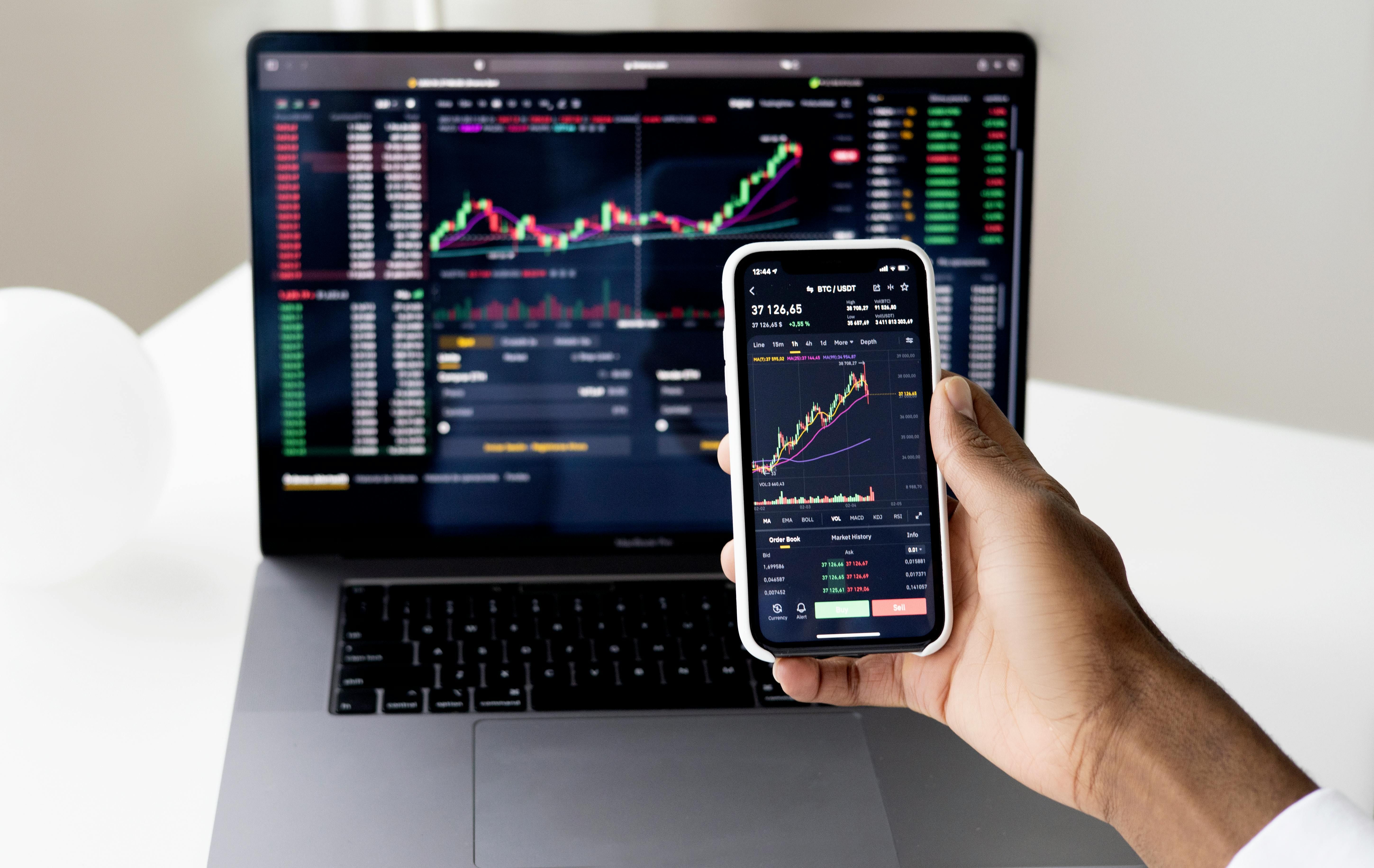Trump's Tariff Showdown and Germany's Pivotal Role
Customs dispute with Trump reveals potential secret access point, according to expert
Social Media Share Text Message Email Print Copy Link The global economy is feeling the heat from Trump's tariff blitz. But hope remains, according to an expert. She sees potential wiggle room in the planned country-specific tariffs. Germany's actions could sway the game significantly, but complications loom.
Despite the impending intensification of trade war tensions between the EU and the US, trade policy expert Laura von Daniels sees viable avenues for a negotiation-based resolution. "Trump's tariff announcements offer certain 'escape routes.' There is still room for maneuver, both positively and negatively," noted the political scientist from the German Institute for International and Security Affairs (SWP) in Berlin.
Mayhem has already commenced with the 10% tariffs imposed on all countries, yet the potential for negotiation lies in the forthcoming country-specific tariffs, scheduled for implementation on April 9. Trump initially suggested a tariff rate of 20% for the EU.
Stepping Up the Heat
Things could escalate further, warns von Daniels. Trump might impose additional tariffs on specific sectors, like the pharmaceutical industry, or dictate to European companies that they curtail the exportation of certain technologies to China. "This would shatter another industry," she added.
The Starring Role for Germany
Whether the EU responds unified to Trump's threats hinges significantly on Germany. As the EU's largest economy with a robust export focus, Germany is particularly exposed. Other EU nations keenly observe whether Berlin will shoulder economic burdens in support of a unified European front.
The delicate balance of Europe's security policy dependence on the US places constraints on potential countermeasures. "Trump ties trade policy to security policy. He links tariff threats to demands for increased defense spending," said von Daniels. It is possible Trump could employ US digital giants as a lever for concessions.
Export Dilemma and Systemic Risks
Economic Slump
German exports to the US might decrease due to increased tariffs. Threated by a slight reduction of 2.4% if no countermeasures are enacted (as suggested by the ifo Institute), potential broader economic consequences could be staggering.
Financial Turmoil
German Chancellor-in-waiting Friedrich Merz contends that Trump's tariff policies may amplify financial crises risks. A comprehensive trade conflict could destabilize worldwide markets, impeding economic growth.
Stunted Growth and Inflation
Heightened costs and decreased competitiveness for German industries, notably in the automotive sector, could impact inflation rates and stagnate economic growth.
Geopolitical Shifts
Germany might be compelled to diversify its trade relationships to mitigate the risks of US trade policies. Détente with other regions, like Africa and the Indo-Pacific, may be required to bolster resilience[1][2].
The Looming Question: Trump's Lenience and Electors' Discontent
Ultimately, the duration and persistence of Trump's tariff crusade may rely on whether broader protests erupt in the US or his base turns against him. Early assessments suggest annual additional costs of $3,000 to $5,000 for an average US household[3]. Consequently, Trump may harm a considerable portion of his own supporters.
Divergence from advisor Elon Musk, symbolically distancing himself from the latter, is not out of the question, as a goodwill gesture to assuage discontent. Trump could then project: "I'm listening and taking action." The president is increasingly distancing himself from Musk, given that the mass layoffs and budget cuts perpetrated by Musk are received negatively by his base.
[1] Ifo Institute, 2019[2] European Parliament, 2019[3] Leibniz-Institut für Wirtschaftsforschung Halle (IWH), 2019[4] Council on Foreign Relations, 2019[5] The Brookings Institution, 2019
The expert, Laura von Daniels, suggests that Trump's tariff announcements offer potential 'escape routes' for negotiation, with the country-specific tariffs set to be implemented on April 9 holding significant negotiation potential.
Von Daniels warns that Trump might impose additional tariffs on specific sectors, such as the pharmaceutical industry, or demand that European companies limit the exportation of certain technologies to China, which could lead to further industry disruptions.
Germany's response to Trump's threats will be crucial in determining the EU's unified approach. Given Germany's large economy and robust export focus, its stance will be closely watched by other EU nations to ascertain whether Berlin will bear economic burdens in support of a unified European front.








